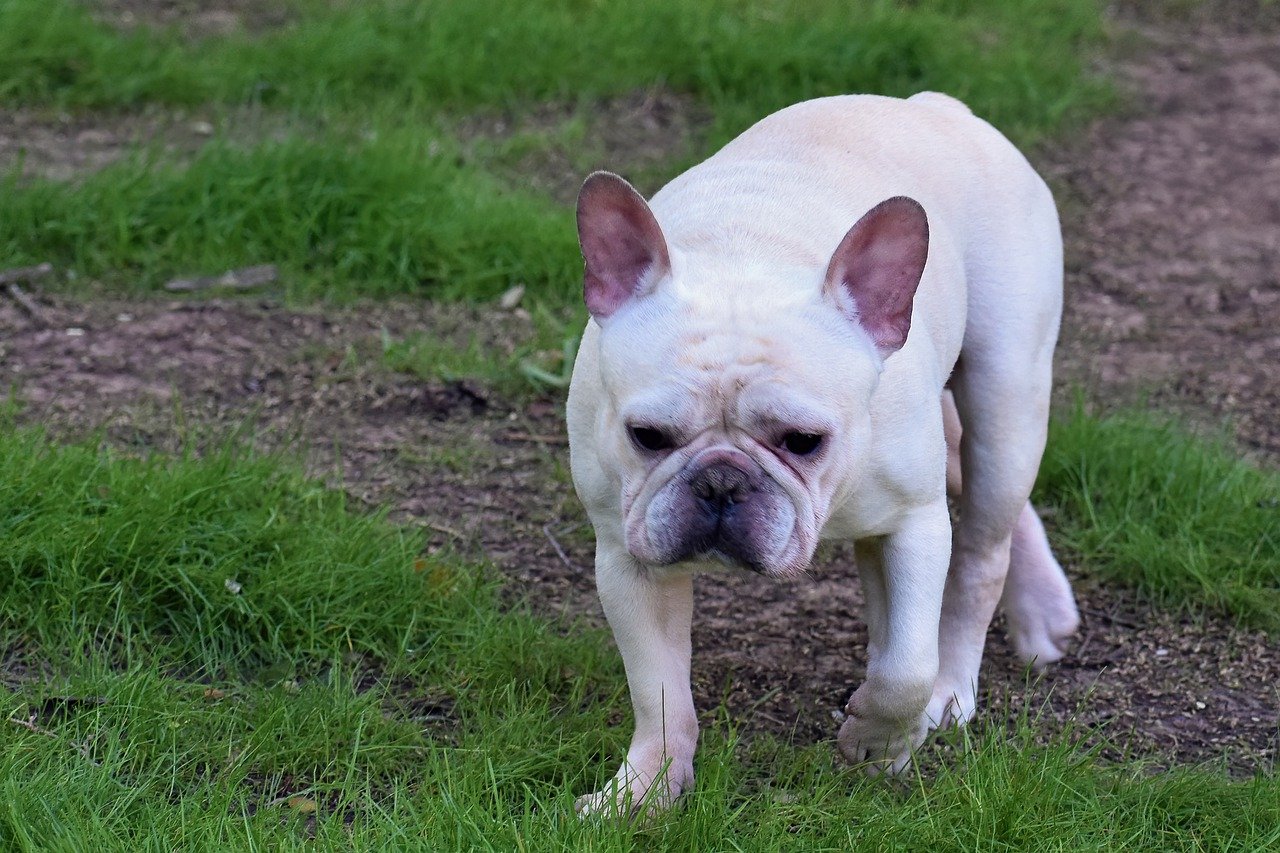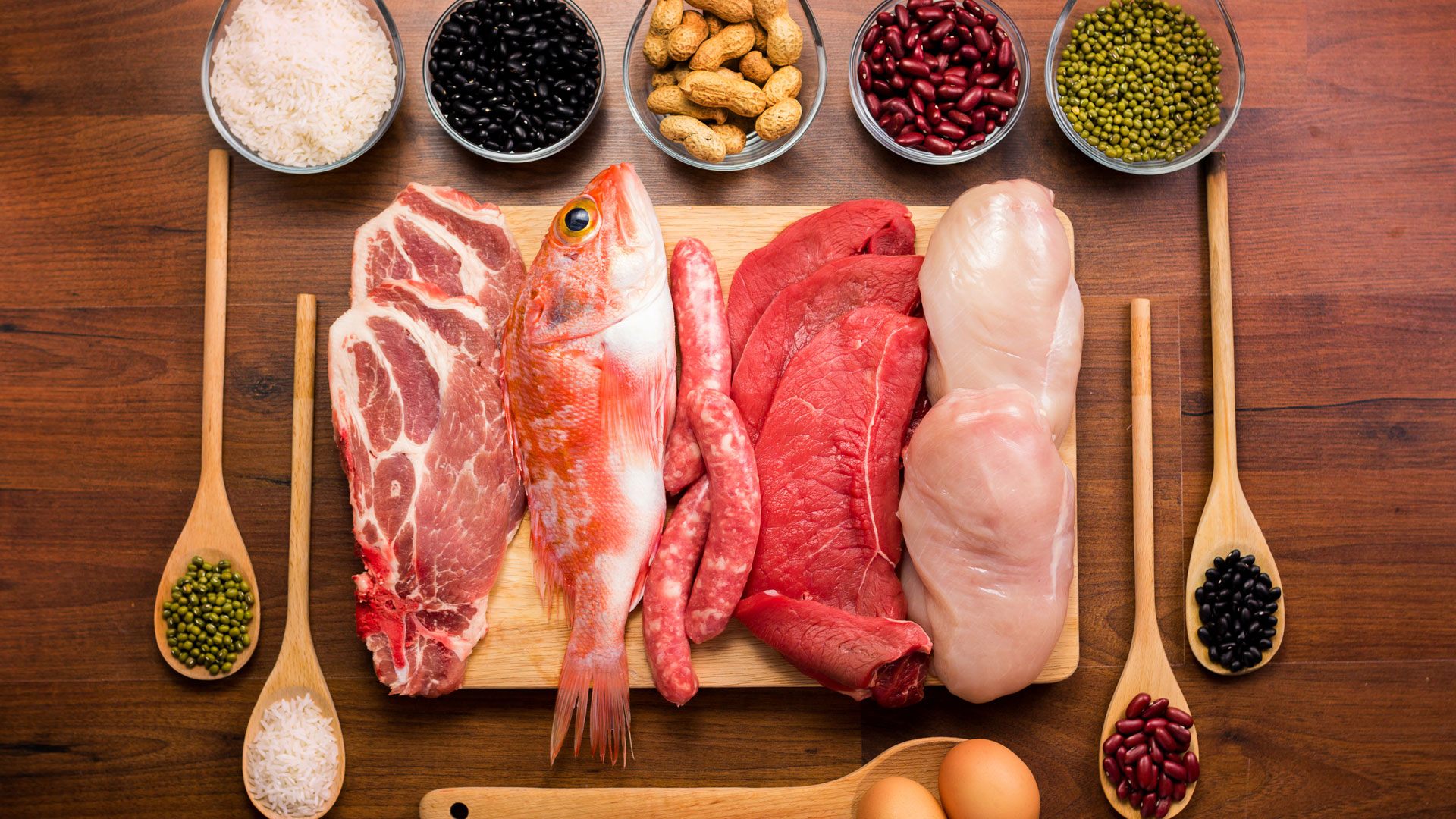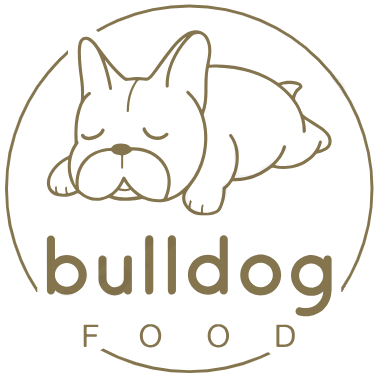Are you the proud owner of a new French Bulldog puppy? Congratulations! These charming little ones with their distinctive bat-like ears are bound to fill your life with joy and affection. However, along with all the fun comes the responsibility of making sure your Frenchie develops healthily and robustly.
We understand that figuring out how much to feed your puppy can be confusing. In this article, we aim to tackle this important question: How much to feed a French Bulldog puppy? Don’t worry—our detailed guide will simplify your journey as a pet parent!

Understanding French Bulldog Puppies’ Nutritional Needs
Before diving into the details of how much to feed your French Bulldog puppy, it’s important to understand their nutritional needs. As a brachycephalic breed, French Bulldogs have flat faces and short noses, which can influence their eating behaviors and digestion. Therefore, selecting appropriate food and establishing a suitable feeding routine is essential.
Protein: The Building Blocks of Growth
French Bulldog puppies require a diet that is high in quality protein to support their muscle growth. The Association of American Feed Control Officials (AAFCO) recommends that puppy food have at least 22.5% protein on a dry matter basis. However, our pet nutritionists suggest that a slightly higher protein level of 25-30% could be more beneficial for these puppies.
Dr. Jennifer Adolphe, PhD, RD, Senior Nutritionist at Petcurean, emphasizes that the primary ingredient in your puppy’s food should be high-quality animal-based proteins like chicken, turkey, fish, or lamb. These proteins are crucial as they provide the essential amino acids needed for healthy growth and development.
Carbohydrates: Sustained Energy
Although dogs do not have a defined need for carbohydrates, they serve as a source of quick energy and essential nutrients. Complex carbs such as sweet potatoes, peas, and brown rice can be advantageous for your cherished French Bulldog.
Veterinarians stress that carbohydrates should constitute no more than 30-40% of a puppy’s diet, as too many carbs can result in unwanted weight gain.
Vitamins and Minerals: Essential for Growth
A well-rounded puppy food must provide all the essential vitamins and minerals needed for your French Bulldog’s development. Important nutrients include:
- Calcium and phosphorus for bone growth
- Vitamin E and selenium to support the immune system
- B vitamins for energy metabolism
- Vitamin A for vision and immune health
It’s important to ensure that the calcium-to-phosphorus ratio in puppy food is between 1:1 and 2:1 to promote healthy bone development.
Healthy Fats: Energy and Coat Health

Fats provide a dense source of energy for your developing puppy and are essential for brain growth and keeping their coat healthy. The AAFCO suggests that puppy food should have at least 8.5% fat, but French Bulldog puppies might do better with a fat content between 12-16%.
Dr. Adolphe advises choosing foods rich in omega-3 fatty acids, especially DHA (docosahexaenoic acid), as it is vital for the development of the brain and eyes in puppies.
Avoiding Overnutrition
Meeting the nutritional requirements of your French Bulldog puppy is essential, but it’s also vital to avoid overfeeding. Excessive feeding can result in rapid growth, heightening the risk of developmental orthopedic issues, particularly in small-breed puppies such as French Bulldogs.
How Much to Feed Your French Bulldog Puppy: A General Guide
Now that you have a solid grasp of the nutritional requirements for French Bulldog puppies, we want to highlight an important point: feeding involves not only the quality of food but also the quantity. Each puppy has unique needs, and the amount of food they require primarily depends on their growth stages.
Here are general recommendations for how much to feed your Frenchie at various developmental phases. This guide is based on thorough research conducted by our team, which included analyzing nutritional studies and expert-recommended French Bulldog feeding charts by age. We also consulted with a group of experienced veterinarians and canine nutritionists who specialize in dietary needs specific to breeds. These professionals shared valuable insights from their extensive clinical experience with French Bulldogs.
8-12 Weeks Old: The Essential Growth Stage
During this period, your French Bulldog puppy is experiencing a crucial growth phase. They should consume approximately 1.5 to 2 cups of puppy food daily, split into four meals, which translates to about 1/3 to 1/2 cup per meal.
Dr. Sarah Wooten, DVM, CVJ, notes that during this stage, puppies are moving from their mother’s milk to solid food. Their digestive systems are still maturing, so smaller, more frequent meals are easier for them to digest.
It’s vital to keep an eye on your puppy’s weight and body condition during this time. A healthy 8-week-old French Bulldog typically weighs between 5-7 pounds, and by 12 weeks, they may have doubled that weight.
Dr. Wooten recommends that if your puppy appears perpetually hungry and isn’t gaining weight as expected, you should consult your veterinarian. On the other hand, if they leave food in their bowl or gain weight too quickly, you might need to adjust their portion sizes.
3-6 Months Old: The Rapid Growth Stage
As your puppy matures, you can raise their daily food consumption to around 2 to 2.5 cups, split into three meals. This equates to roughly 2/3 to 3/4 cup per meal.
Dr. Jerry Klein, Chief Veterinary Officer for the American Kennel Club, points out that this is a time of significant growth for French Bulldog puppies, who can gain between 1-2 pounds each week during this phase.
At this stage, your Frenchie puppy will have higher energy levels and be more active. However, it’s crucial to avoid excessive exercise since their joints are still developing.
Dr. Klein recommends adjusting your puppy’s food based on their activity level and overall body condition. You should be able to feel their ribs without seeing them; if you find it difficult to feel the ribs, consider slightly reducing their food intake.
6-12 Months Old: Transitioning to Adult Feeding

At this point, you can begin shifting to feeding your French Bulldog puppy two meals a day. They will typically require around 2 to 3 cups of food daily, which translates to about 1 to 1.5 cups per meal.
By the time they reach 6 months, your puppy’s growth rate will start to decrease. This is an ideal moment to switch them to an adult feeding routine.
During this phase, your puppy will be nearing their adult weight. Most French Bulldogs achieve their full height by approximately 9 months, though they may continue to develop in size until they are around a year old.
It’s important to monitor your puppy’s body condition closely during this period. As their growth slows, they might not need as many calories, so adjust their food portions accordingly to keep them at a healthy weight.
12+ Months Old: Adult Feeding
By the time they reach one year, most French Bulldogs are regarded as adults. At this stage, you can switch to an adult feeding routine and select a high-quality food for adult French Bulldogs. Typically, adult French Bulldogs require around 1.5 to 2.5 cups of food daily, split into two meals.
Dr. Klein advises that the shift to adult food should be done gradually over 7-10 days to prevent digestive issues. This involves mixing larger portions of adult food with smaller portions of puppy food.
Choosing the Right Food for Your French Bulldog Puppy
Choosing premium puppy food is equally crucial as figuring out the appropriate portion sizes. Here are the essential factors to keep in mind when selecting food for your French Bulldog puppy:
Puppy-Specific Formulation
Puppy food is designed to cater to the unique nutritional requirements of developing dogs. It usually has higher levels of protein, fat, and specific minerals compared to adult dog food.
Choose products that are marked as complete and balanced for growth or suitable for all life stages, in line with AAFCO standards. These foods are specifically created to fulfill the dietary needs of growing puppies.
Small Breed Formula
French Bulldogs are classified as a small breed, and their dietary requirements may vary from those of larger breeds. Puppy formulas designed for small breeds typically feature smaller kibble pieces, making them easier for your Frenchie to consume. Additionally, these formulas are usually higher in calories, which is essential for small breeds that have fast metabolisms.
High-Quality Protein as the First Ingredient

Examine the ingredient list on the dog food packaging. The primary ingredient should be a premium protein source like chicken, turkey, lamb, or fish. According to Dr. Joseph Bartges, animal-based proteins are more digestible for dogs and supply vital amino acids needed for growth and development.
Free from Artificial Additives
Choose foods that do not contain artificial colors, flavors, or preservatives. These additives offer no nutritional value and can trigger allergic reactions in certain dogs. Given that French Bulldogs tend to be more sensitive than other breeds, it’s important to be particularly careful with synthetic ingredients.
Our team prefers natural preservatives like vitamin E (mixed tocopherols) over artificial options. Believe us—our pets enjoy these natural flavors much more!
Essential Fatty Acids
Veterinarians recommend choosing foods rich in essential fatty acids, especially omega-3s, as they are vital for the brain and eye development of puppies.
To simplify your shopping, you can find omega-3 available as fish oil or algae.
Prebiotics and Probiotics
Numerous premium puppy foods now incorporate prebiotics and probiotics to promote digestive wellness. Prebiotics nourish the good bacteria in the gut, whereas probiotics consist of live beneficial bacteria. When combined, they contribute to a healthy digestive system. This is especially crucial for French Bulldogs, as they may be susceptible to digestive problems.
Monitoring Your French Bulldog Puppy’s Growth
At home, you can monitor your puppy’s development by:
- Weighing them consistently (weekly or every two weeks)
- Capturing photos to visually document their growth
- Observing any shifts in their appetite or eating patterns
By keeping an eye on your puppy’s growth, you can confirm they are gaining weight at a healthy pace and make timely changes to their diet if needed.
Wrapping Up
Figuring out how much to feed a French Bulldog puppy can be quite an adventure. Our recommendations serve as a helpful guide, but it’s essential to consider your puppy’s unique needs at each developmental stage. Remember, proper nutrition is just one part of raising a healthy Frenchie. As pet owners, we also need to provide plenty of love, care, and attention. As you watch your puppy grow and thrive, be ready to adjust their diet as necessary. Here’s to many joyful and healthy years with your cherished furry companion!

As an experienced dog foster and canine advocate, I have a special place in my heart for French Bulldogs. Their charming personalities and unique needs sparked my interest, leading me to specialize in Frenchie care. I’ve fostered over 200 Frenchies over the year, gaining deep insights into their dietary requirements and health concerns. This expertise drives my contributions to bestfoodforfrenchbulldog.dog, where I share practical advice on nutrition, care, and enrichment for these lovable flat-faced pups.
My articles aim to educate Frenchie owners on optimal feeding practices and health management. When not writing or fostering, I’m often cuddling with my own Frenchie, Biscuit, my inspiration for helping others care for this delightful breed.

